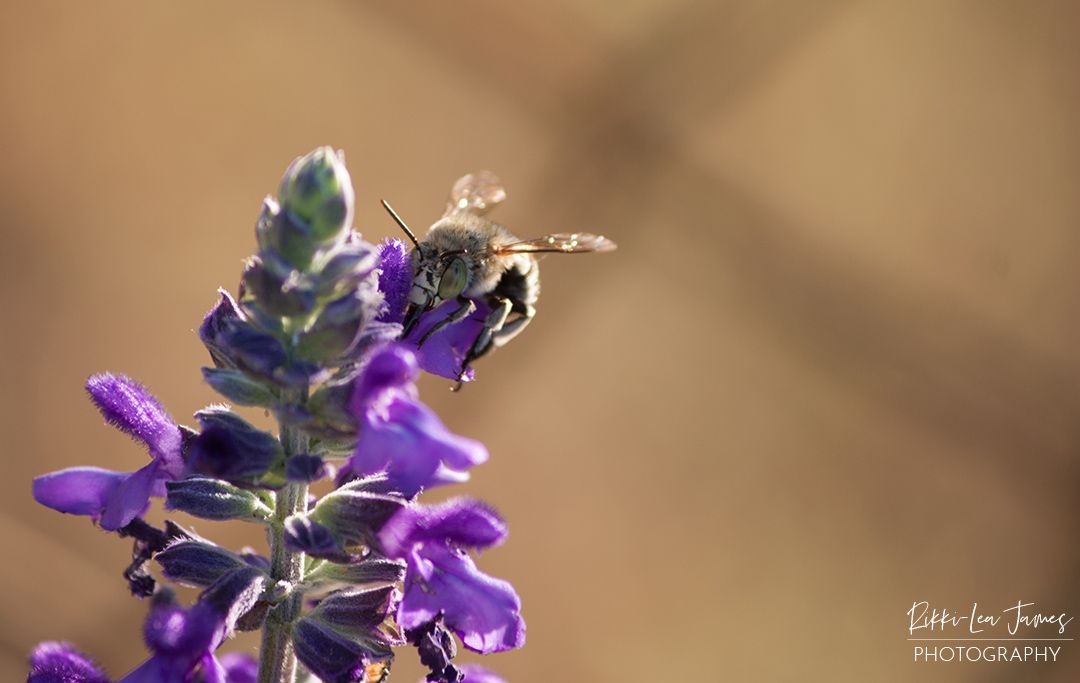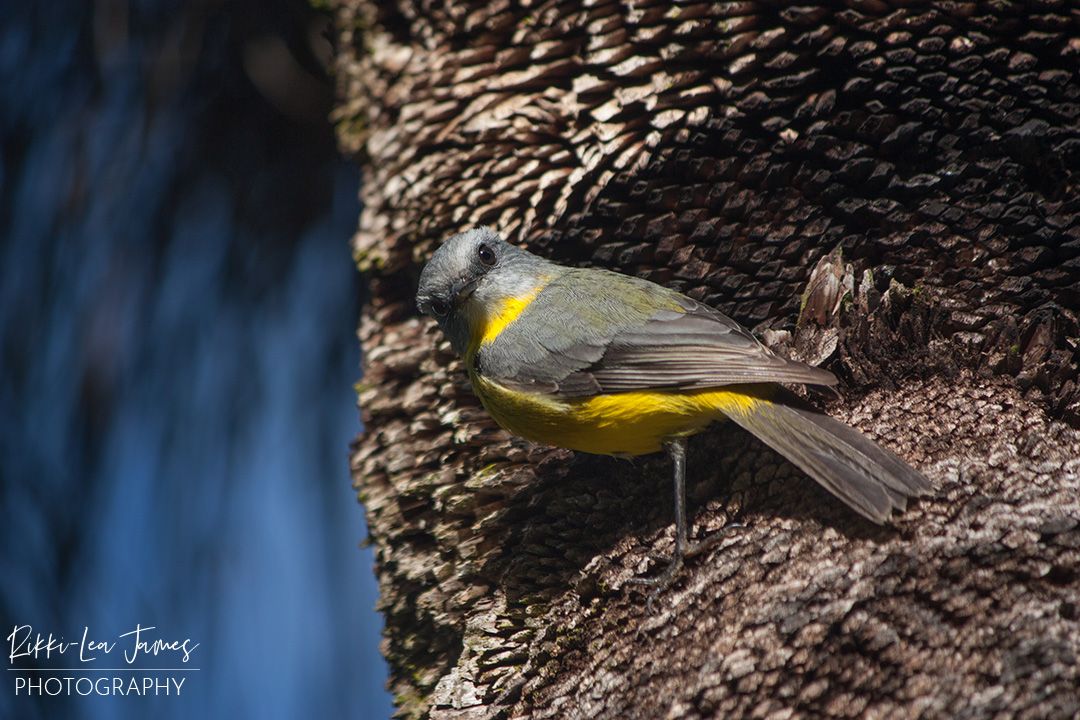When I was a 16 year old watching An Inconvenient Truth, public awareness of climate change was barely existent. People didn’t know the extent of the problem, nor that human behaviour is the primary cause of our changing climate. Thanks to the hard work of the following generation and dedicated individuals, awareness has now grown so much that governments and corporates around the world have had no choice but to act.
But did you know that there is a potentially more pressing global crisis unfolding that has been given far less attention? Globally, we are losing biodiversity at a rapid rate putting the future of our planet, as we know it, at risk. And similarly to climate change, the cause is us.
Biodiversity relates to the variety and abundance of living creatures, and the ecosystems they comprise of. Since 1970, approximately 60% of all animals have died. The cause of this loss is human activities, including land clearing, deforestation, pollution, and climate change, leading to the direct destruction of plant species, and habitat and food source loss for animals. In David Attenborough’s latest documentary, he explores these issues through a compelling storytelling narrative – it really is a must watch.

Critically, humans rely on the ecosystem services that biodiversity provides. Without pollination, we will lose a large portion of the fruits, vegetables, nuts and grains that make up our diets. The clean water and air that allow us to drink and breathe are a result of well functioning ecosystems. Even pandemics like the one we are still experiencing can be attributed to land clearing, leading to loss of habitat for animals and forcing them ever further into urban environments.

There are many ways of tackling this issue, with actions being required on all levels from governments, through to corporates, through to individuals. Governments can enact policies that directly protect habitat from destruction, and corporates can prioritise ESG governance procedures that holistically tackle sustainability issues. As individuals, we also can apply pressure on our governments to create change at the polls and through peaceful protest, as well as ‘voting with our wallets’ when it comes to corporates.

It’s heartening to see organisations starting to realise the extent of this issue, with one example being the development of the Taskforce for Nature Related Disclosures. In addition, the UN Biodiversity Conference(CBD COP 15) is being held in China in October this year, which gives nations an opportunity to collaborate to set goals to protect biodiversity in a similar way that the Paris Agreement was developed to coordinate targets to mitigate climate change.
Regardless of how we work to protect and conserve biodiversity, the most important change we can all make is to reconnect with nature. We have forgotten that we are a part of it and depend on it for survival – a trend that must be reversed.